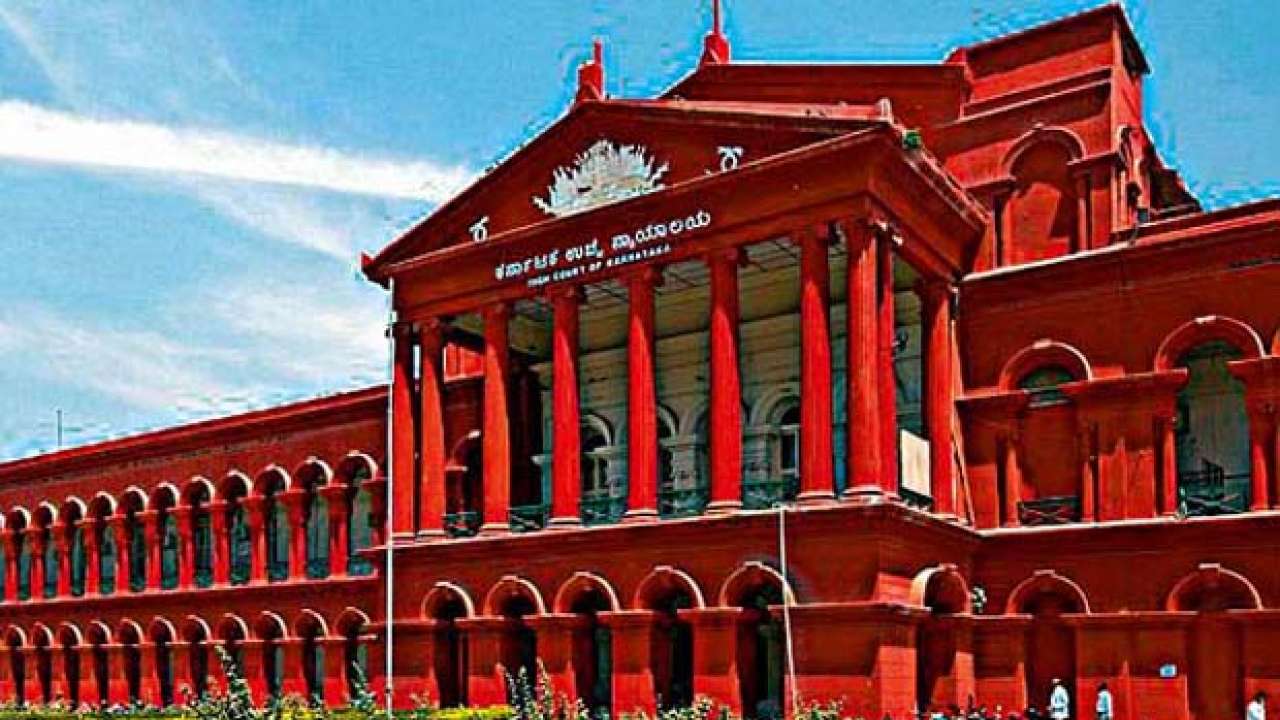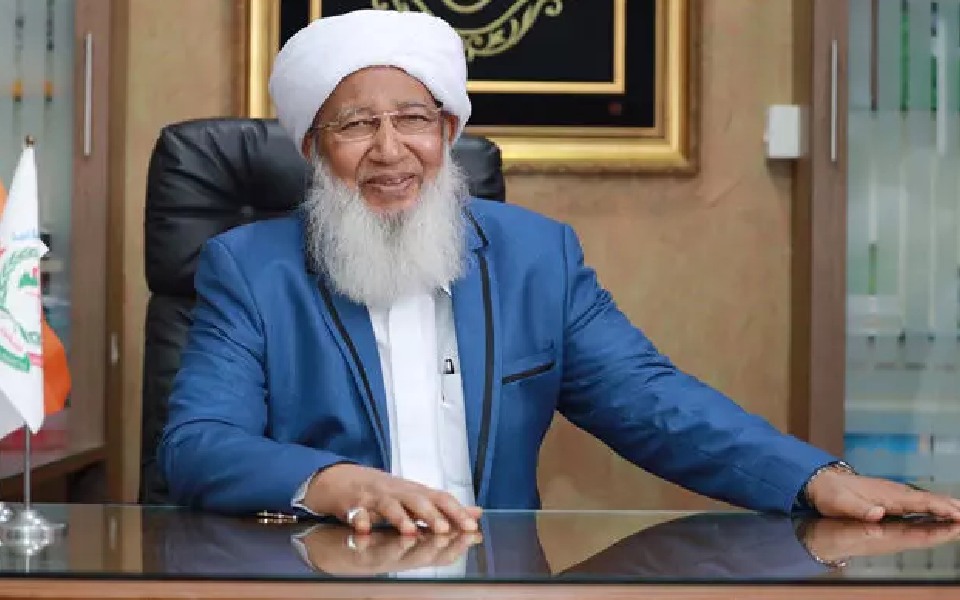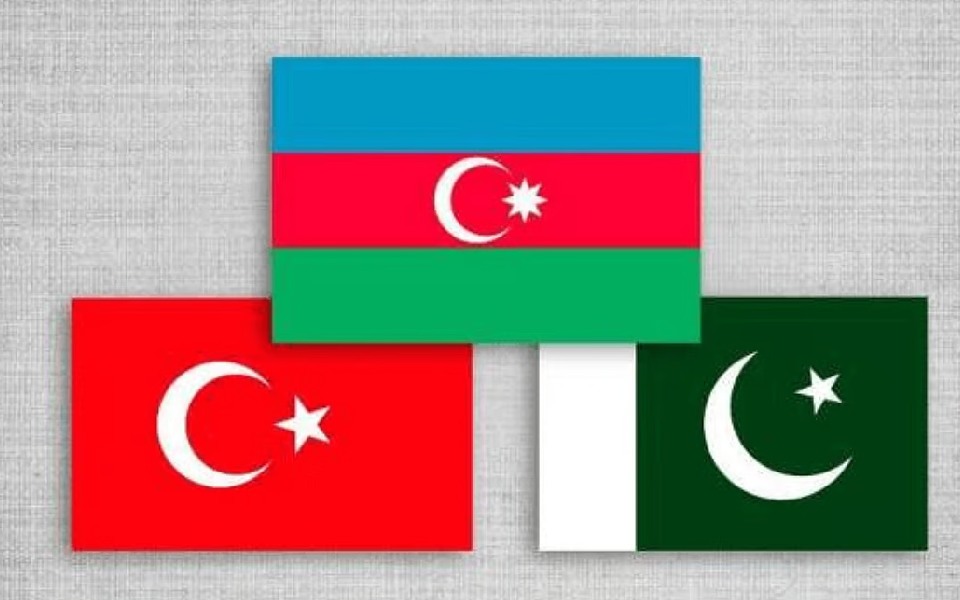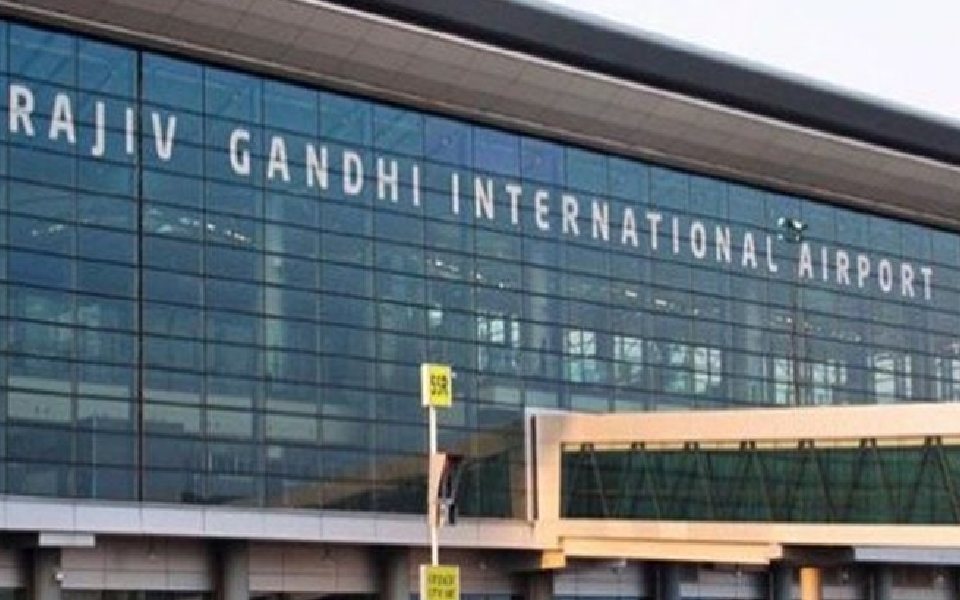Bengaluru, Oct 9: The Karnataka High Court has said that non-matching DNA samples would not absolve a crime accused since it is only corroborative evidence.
The court rejected the petition of a 43-year-old bus conductor who is accused of raping and impregnating a 12-year-old relative.
He rushed to the High Court, seeking quashing of the case after a DNA test showed that his blood sample and that of the foetus did not match.
The accused is a resident of Mysuru. He has been charged under the Protection of Children from Sexual Offences (POCSO) Act and Indian Penal Code (IPC).
The complaint was filed by the mother of the victim on February 19, 2021. The bus conductor is alleged to have sexually abused the girl due to which she became pregnant.
The police filed a charge-sheet in the case while the report of the DNA test was still pending. When the report came, it showed that the blood sample of the accused and the foetus did not match.
He approached the court, contending that he was not responsible for the victim becoming pregnant.
The government advocate contended that the girl had given a statement that the accused had sexually assaulted her and, therefore, notwithstanding the negative DNA report, the trial had to continue.
The judgement was pronounced by Justice M Nagaprasanna on September 15 who held that despite the DNA analysis showing that the accused was not the biological father of the foetus, "that would not absolve the petitioner in entirety for the offences so alleged."
The court said, "The alleged act has not at all happened cannot be the inference that can be drawn due to a DNA sample coming in favour of the petitioner. Mere production of DNA sample report before this court would not mean that it has to be taken as gospel truth without examination or cross-examination of the doctor who has rendered such opinion."
After quoting the statement of the victim-girl given to the court, the High Court said, "They are all unpardonable acts on the part of the petitioner unless proved otherwise. The DNA test cannot discredit what the victim has narrated in her statement that the petitioner had forcibly committed sexual acts on her."
Terming the DNA test as a corroborative evidence, the court dismissed the petition of the accused. "The DNA test cannot be said to be a conclusive evidence with regard to the allegations made against the petitioner. The DNA test can at best be used as a corroborative evidence," the Bench noted.
Quoting the Supreme Court in the Sunil Vs State of Madhya Pradesh case, the High Court said, "If a positive result of the DNA comes about against the accused, it would constitute clinching evidence against him for further proceeding. If the result is negative, favouring the accused, then the weight of other materials and evidence on record will still have to be considered for corroboration."
"Therefore, it does not form such a clinching evidence that would result in termination of proceedings against the accused," the Bench said.
Let the Truth be known. If you read VB and like VB, please be a VB Supporter and Help us deliver the Truth to one and all.
New Delhi, May 09 (PTI): In a gesture of national solidarity, the Grand Mufti of India, Sheikh Abubakr Ahmad, on Friday expressed strong support for the government’s stance and actions against terrorism and extremism, particularly in sensitive regions like Kashmir.
In a letter addressed to Prime Minister Narendra Modi, Sheikh Abubakr lauded the government’s “principled stance” and the armed forces’ efforts in safeguarding the nation’s sovereignty and security.
He described terrorism as a grave threat to both national stability and global peace, emphasizing that India’s proactive measures are not only necessary for its internal integrity but also crucial for international harmony.
“India’s strategic interventions and diplomatic leadership can play a transformative role in countering radical ideologies and promoting sustainable peace across South Asia,” the Grand Mufti noted in the letter, underscoring the broader regional significance of India’s counter-terrorism policies.
Calling for unity among all citizens, Sheikh Abubakr urged the people of all faiths and backgrounds to stand behind national efforts.
“We must all act as custodians of the values that bind us as a diverse yet harmonious nation,” he wrote.
Sheikh Abubakr Ahmad is the 10th Grand Mufti of India and the first Shafi scholar from South India, according to the official website of Grand Mufti of India.
He is the general secretary of the All India Muslim Scholars Association and the founder and vice-chancellor of Jamia Markaz Saqafathu Sunniyya.





